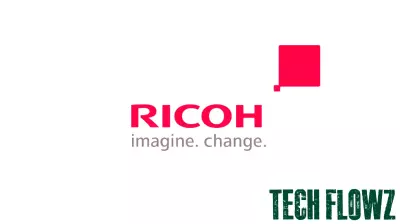Innovative Catalytic Technology Cleans Toxic Wastewater in Semiconductor Manufacturing
May 2, 2025 - 19:49
Semiconductor manufacturing is a meticulous process that demands an exceptionally clean environment. To achieve this, components undergo multiple washes to eliminate impurities, resulting in the consumption of significant quantities of purified water and various chemicals. However, this intensive cleaning process generates wastewater laden with toxic substances that pose environmental and health risks.
Recent advancements in catalytic technology have emerged as a promising solution to this pressing issue. This innovative approach effectively removes harmful chemicals from the wastewater produced during microchip fabrication. By utilizing catalysts, the technology accelerates chemical reactions that break down toxic compounds, rendering them harmless before they enter the environment.
The implementation of this technology not only enhances the sustainability of semiconductor manufacturing but also aligns with increasing regulatory pressures to minimize environmental impact. As the demand for microchips continues to rise, so does the need for responsible manufacturing practices. This catalytic solution represents a significant step forward in ensuring that the semiconductor industry can operate more sustainably while maintaining its high standards of cleanliness and efficiency.
MORE NEWS

February 14, 2026 - 07:40
Hope and technology can push Nancy Guthrie investigation forward as case nears 2-week markAs the investigation into the disappearance of Nancy Guthrie approaches the two-week mark, authorities are emphasizing that the passage of time does not diminish hope. Instead, modern investigative...

February 13, 2026 - 11:22
Ricoh acquires leading process automation and document management technology company ValueTech in Chile | GlobalRicoh has significantly bolstered its digital services portfolio in Latin America with the acquisition of ValueTech, a prominent Chilean technology company. The deal, finalized by Ricoh Chile S.A.,...

February 12, 2026 - 00:53
How technology amplified Black music's cultural exchange : World Cafe Words and Music PodcastThe digital revolution has fundamentally transformed how Black music travels, evolves, and sparks global dialogues. Where once the exchange of sounds was limited by geography and distribution,...

February 11, 2026 - 03:29
Drone technology has come a long wayAgricultural experts are highlighting the rapid evolution of drone technology, which has become an indispensable tool for modern farming in less than a decade. According to a prominent agronomist...